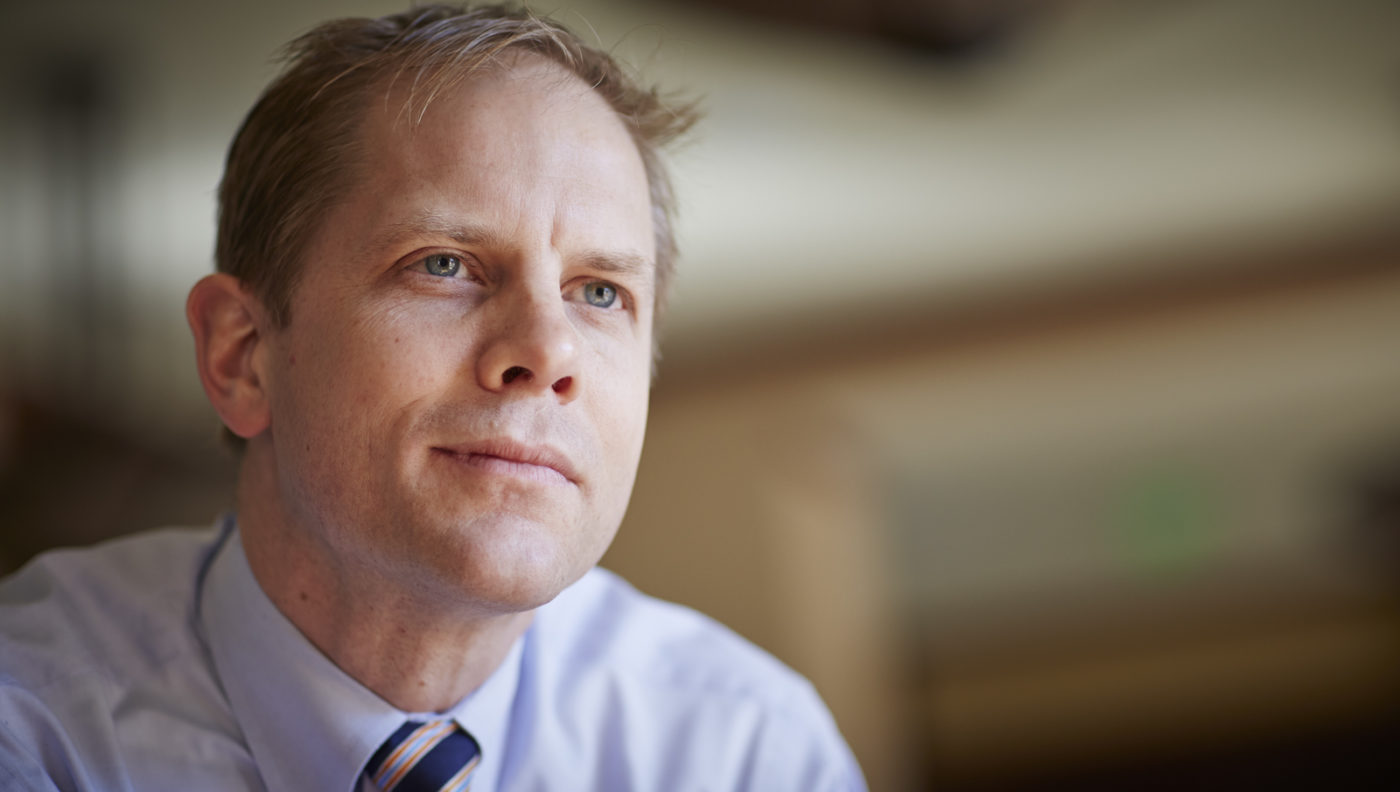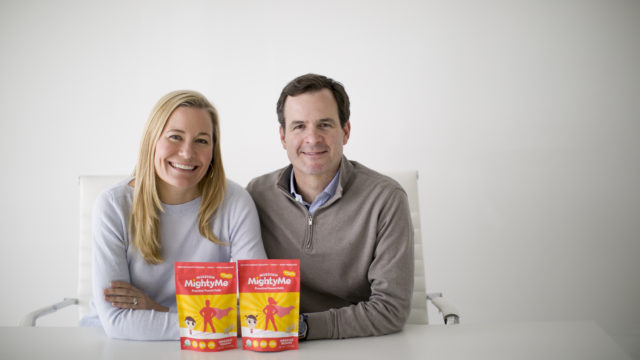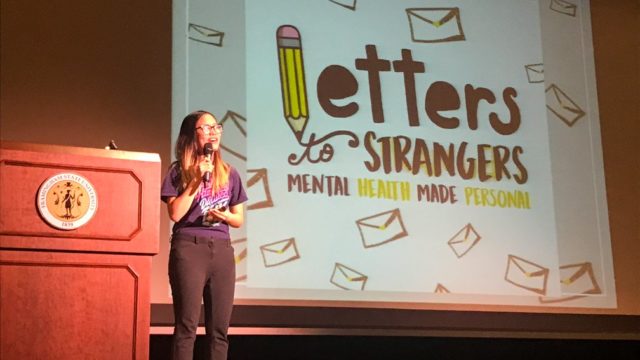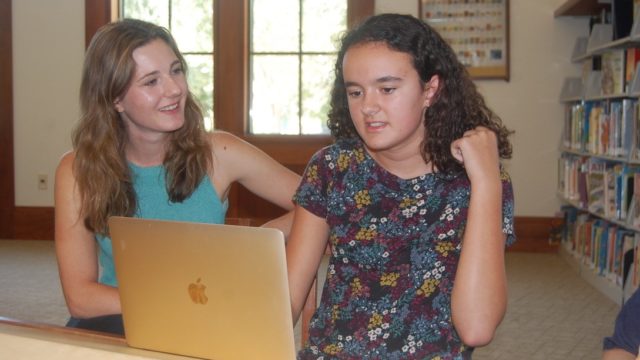
Blending Science and Creativity to Improve Healthcare
Eric Armbrecht grew up in a quaint Midwest community where his mother is a chemistry teacher and his father is an accountant. The town’s Catholic high school instilled in him a commitment to service and leadership before he and his 14 fellow graduates went out into the world. He credits his family’s emphasis on education, tight-knit hometown and small high school with making his achievements possible.
Since he was a student at the University of Notre Dame, Eric has worked to improve public health. He was a vice president of research for a start-up technology company for diabetes care; executive director of a non-profit community health organization and director of health improvement for a coalition of large employers. He also founded a public health research and consulting firm that specializes in evaluating public health approaches to chronic disease prevention and management.
In addition to his teaching and research responsibilities, he has served for nine years as a board member or executive director of the St. Louis Diabetes Coalition, an independent, non-profit community health organization dedicated to improving health status and quality of life for people with diabetes. Most recently, he led the team that designed and implemented a program called Kick Diabetes, which helps participants set goals and receive ongoing feedback and support about diet, exercise, glucose monitoring and communicating with healthcare providers. “The researcher in me is interested in demonstrating the value of community-based programs, like Kick Diabetes, to drive improvements in the healthcare system,” he explains.
Eric also pursues academic forms of research to improve the healthcare system and one of his studies was recently published in the Journal of the American Medical Association (JAMA) Internal Medicine. The study explored how physicians communicate to their patients the long-term risks and quality of life impact of implantable technology used to treat cardiovascular disease. “My goal is to conduct well-designed research that can affect the clinical practice of medicine, empower patients to manage healthcare better and improve the value of healthcare in the United States.”
For the past decade, Eric has worked with the St. Louis Regional Health Commission to raise awareness and guide regional priorities on healthcare issues. And he is the lead evaluator for the Missouri Asthma Prevention and Control Program, the statewide public health agency dedicated to improving asthma care, which is the leading chronic disease among children.
Embedded in Eric’s public health advocacy is his sense of social justice. He explains, “The affordability of healthcare is a social justice issue. Many people simply cannot afford insurance and all of the co-pays and deductibles that go along with it. As a country, we haven’t figured out how to make healthcare affordable. We have an opportunity to actually prevent things like diabetes and heart disease, manage costs, provide better care and empower patients. All of these may help lower costs.”
As a professor, Eric says he is privileged to work at a Catholic university where the student body is very mindful of social justice issues. “Our students want to solve the big problems of the world,” he says. “They have enthusiasm, innovation and commitment and I’m inspired by them every day. We need their creativity and innovation to solve problems. After all, problem solving is a marriage of science and creativity.”
He believes a sense of social justice is also found in Coca-Cola Scholars. “For so many of them, it’s about lifting up society and enabling individuals to take care of themselves,” he adds.
Eric is thankful to have been a part of the Coca-Cola Scholars Foundation’s Program Review Committee for the past three years. “It’s the ultimate inspiration weekend,” he says. “Thirty people from across the country read about 2,100 applications to choose the next class of Scholars. We read amazing stories about kids who really get the idea of social justice. They are tuned into others’ issues and have done remarkable things already. But, we expect them to do so much more in the future. They are the ones who will creatively come up with the solutions to social and business challenges. Hopefully, some will have solutions to improve the health care system.”




